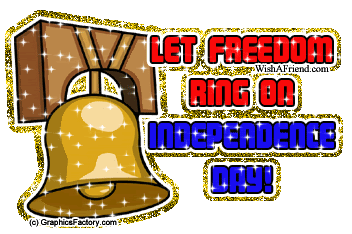Colonies believed that Britain had the best government. British liberties included the due process of common law (the law administration of justice according to established rules and principles), this means they had trial by jury, freedom of press and the right to pay no taxes unless it was levied by their representatives. Although colonial government was similar to the British government some protests in 1760 revealed some important differences.
English government had two main branches, The Executive branch and the Legislative branch which was divided into the House of Lords and the House of Commons. Similarly each colony, except for Pennsylvania, had a two house legislation.
We should emphasize that the colonists did not elected any members of the British parliament therefore they had no representatives at the House of Commons in England. These will bring further trouble because the colonists believed that only their own elected officials have the right to levy taxes.
Colonial merchants had grown rich often from smuggling. Because of this they had to take action.
1764-George Grenville, the prime minister at the time, decided collecting money by raising duties already in effect. This was known as the Sugar Act (taxes on molasses). He assigned custom officers, created courts to collect duties and persecuted the smugglers. He hoped that now people will be encourage to pay their taxes.
 1765-Parliament passed another unpopular law called The Quartering Act. It required colonists to provide housing and food for the troops. Some colonist’s protests but most stayed along with the law.
1765-Parliament passed another unpopular law called The Quartering Act. It required colonists to provide housing and food for the troops. Some colonist’s protests but most stayed along with the law. March 1765- Parliament passed a bill intending to raise money from the colonies, this was called the Stamp Act. The Stamp Act required colonists to pay taxes on most printed materials like newspapers, books, court documents, contracts, and land deeds
March 1765- Parliament passed a bill intending to raise money from the colonies, this was called the Stamp Act. The Stamp Act required colonists to pay taxes on most printed materials like newspapers, books, court documents, contracts, and land deedsThe colonists angrily protested the Stamp Act because they said that it threatened the prosperity and liberty. Colonists did pay taxes but they questioned the Parliament rights to tax them directly since they had no representation in the Parliament. They thought England was tripping away their property and political rights and it revealed a conspiracy by the British officials to destroy American liberties. In the other hand the Parliament saw the colonists as selfish and narrowed minded.
Remember that England was imposing such high taxes because the French and Indian War, which was fought in America, doubled England national debt.
The colonial protests intensified and the tax resistance took three different forms. Intellectual Protest was one of them, colonial leaders started writing pamphlets, drafted resolutions, and delivered sermons. The search created by the political activity astonished a man called John Adams (Prominent lawyer from Massachusetts that later became the second president of the United States).
And of course colonial protests drew upon the liberalism of the Enlightenment ideas. They took ideas from people like John Locke and Baron of Montesquieu.






0 comentarios:
Publicar un comentario